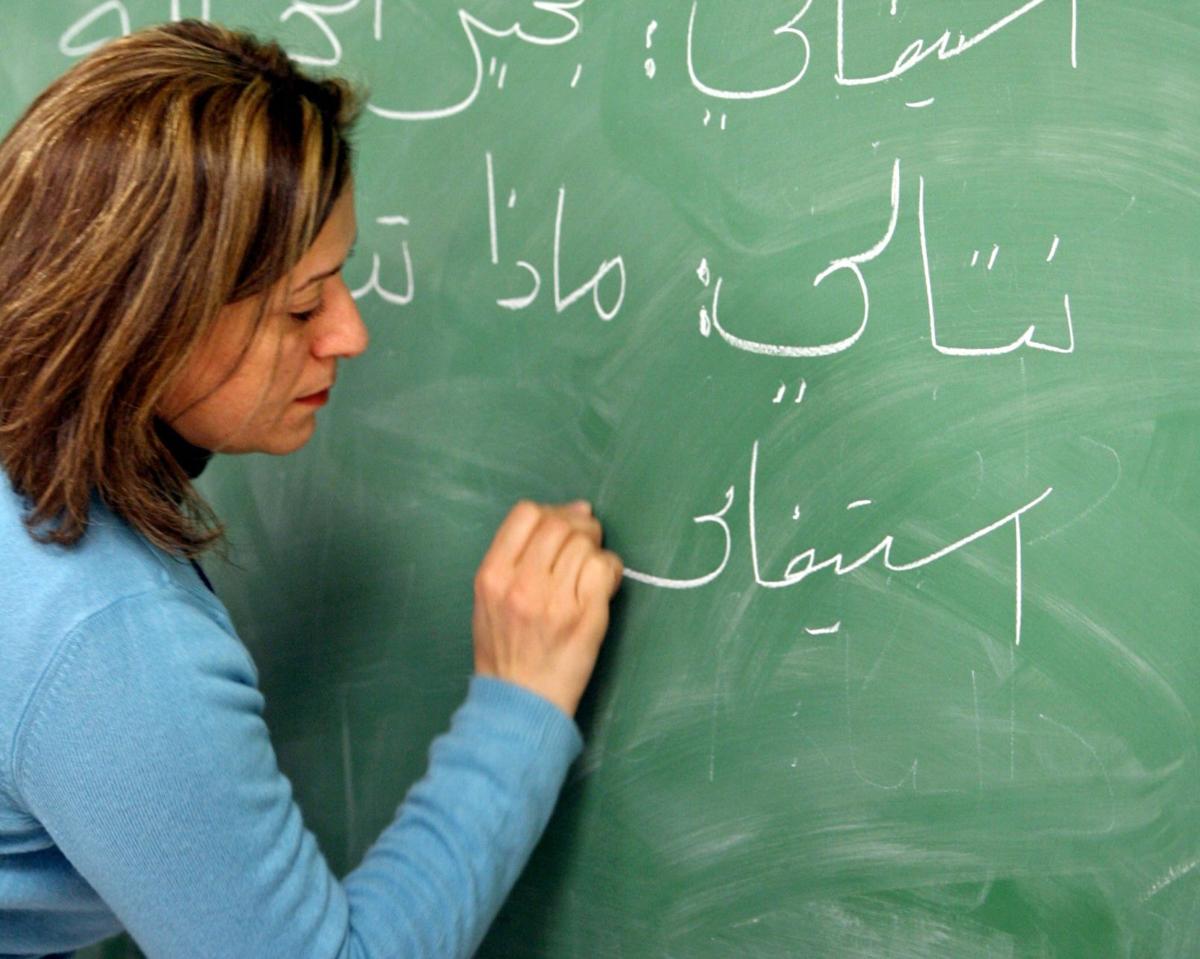Reading, writing and Arabic is on the agenda at a handful of Tucson schools this year.
The Tucson Unified School District is rolling out Arabic programs at three campuses: Wright Elementary, Doolen Middle and Catalina High — made possible, in part, by a $111,000 grant.
The establishment of the programs at the midtown schools will mean that students have an opportunity to study one of the fastest growing second languages starting in kindergarten, without interruption, all the way through high school.
The grant was awarded to TUSD by Qatar Foundation International, which seeks to inspire meaningful connections to the Arab world through language education and cultural exchange. The funds will be used to cover the cost of the teachers, materials and professional development training.
Arabic is spoken by more than 400 million people worldwide and has helped U.S. students pursue careers in business, journalism, diplomacy, national security, and more, according to QFI.
While QFI has partnered with more than two dozen schools across the country, TUSD is the only Arizona district it is working with. None of Tucson’s other major public school districts offer Arabic.
As part of TUSD’s strategic plan, Tucson’s largest school district is working to expand foreign language options for students. In addition to Arabic, which is also offered at Safford K-8 and Cholla High magnet schools, other language courses available to students include Spanish, Mandarin Chinese and Korean.
“The main focus of the Arabic program is to give students the opportunity to learn another language and the district is happy to offer that option,” said Tsuru Bailey-Jones, project director of TUSD’s QFI grant. “We think it’s important to have our students be global citizens and sometimes that will lead itself into learning different languages.”
At the high school level and in middle school as well, Arabic is offered as an optional elective class. At the elementary level, all students are exposed to the Arabic language through teachings woven into standard lessons.
At Cholla, where TUSD first launched Arabic programming, enrollment has grown from less than two dozen students in its first year nearly a decade ago to 125 students today, said Principal Frank Armenta.
The west-side school has been recognized by QFI as one of the largest leading Arabic programs in the western hemisphere.
Through the program, Cholla students have not only learned the language and learned about Middle Eastern culture, they have also traveled to Washington, D.C., and Qatar, Armenta said.
Cholla’s Arabic program also complements the school’s Army JROTC program, allowing cadets who are proficient in Arabic to earn additional money should they enter the military, Armenta said.
TUSD’s Arabic program has also been backed by the U.S. Department of Education, which awarded the district a grant through the Foreign Language Assistance Program.
Between Wright, Doolen, Safford, Catalina and Cholla, more than 600 TUSD students are expected to be exposed to Arabic this school year.
“It’s a great opportunity for our district and we have to be a district that prepares kids for global world,” Armenta said.





